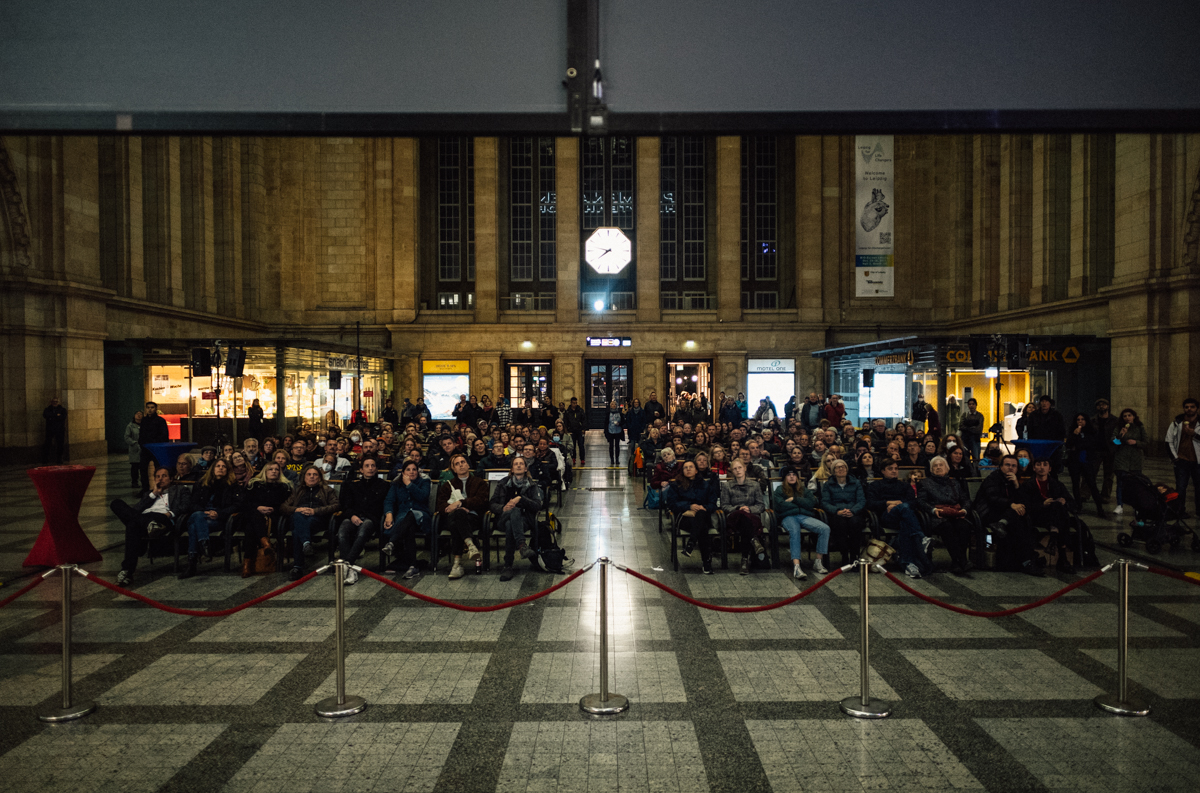
- Home
- Reviews
- Festivals
- Featured Festivals
- Visions du Réel
- Stockfish 2024
- Berlinale 2024
- Rotterdam 2024
- Sundance 2024
- El Gouna 2023
- IDFA 2023
- Leipzig 2023
- San Sebastian 2023
- Oldenburg 2023
- VENICE 2023
- Toronto 2023
- Sarajevo 2023
- Locarno 2023
- Karlovy Vary 2023
- Annecy
- Cannes 2023
- Thessaloniki Docs 2023
- Berlin 2023
- Rotterdam 2023
- CAIRO 2022
- THESSALONIKI 2022
- IDFA 2022
- Morelia 2022
- Leipzig 2022
- Oldenburg
- San Sebastian
- Sarajevo
- Locarno
- Karlovy Vary
- Rotterdam
- Cairo
- Berlin
- CANNES 2022
- IDFA
- Tallinn
- Thessaloniki
- Morelia
- El Gouna
- London
- Featured Festivals
- Featured Festivals
- Verdict Shorts
- Screendollars
- Cine Verdict
- Interviews & Features
- Newsletters
- FestMarket Clips
- Locations
Select Page
